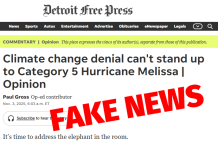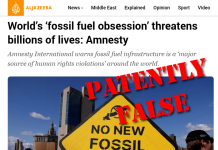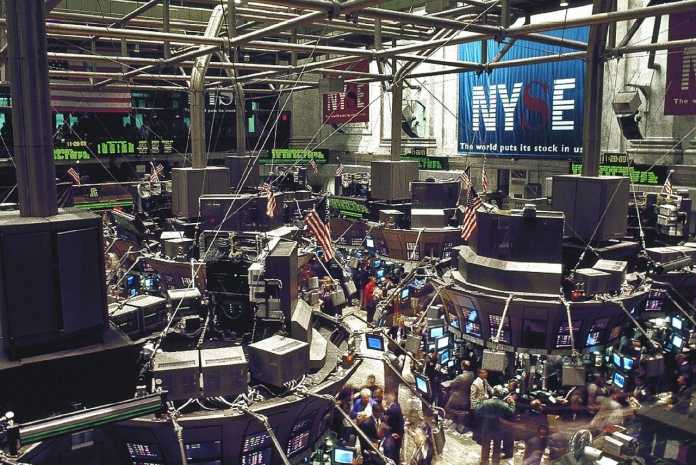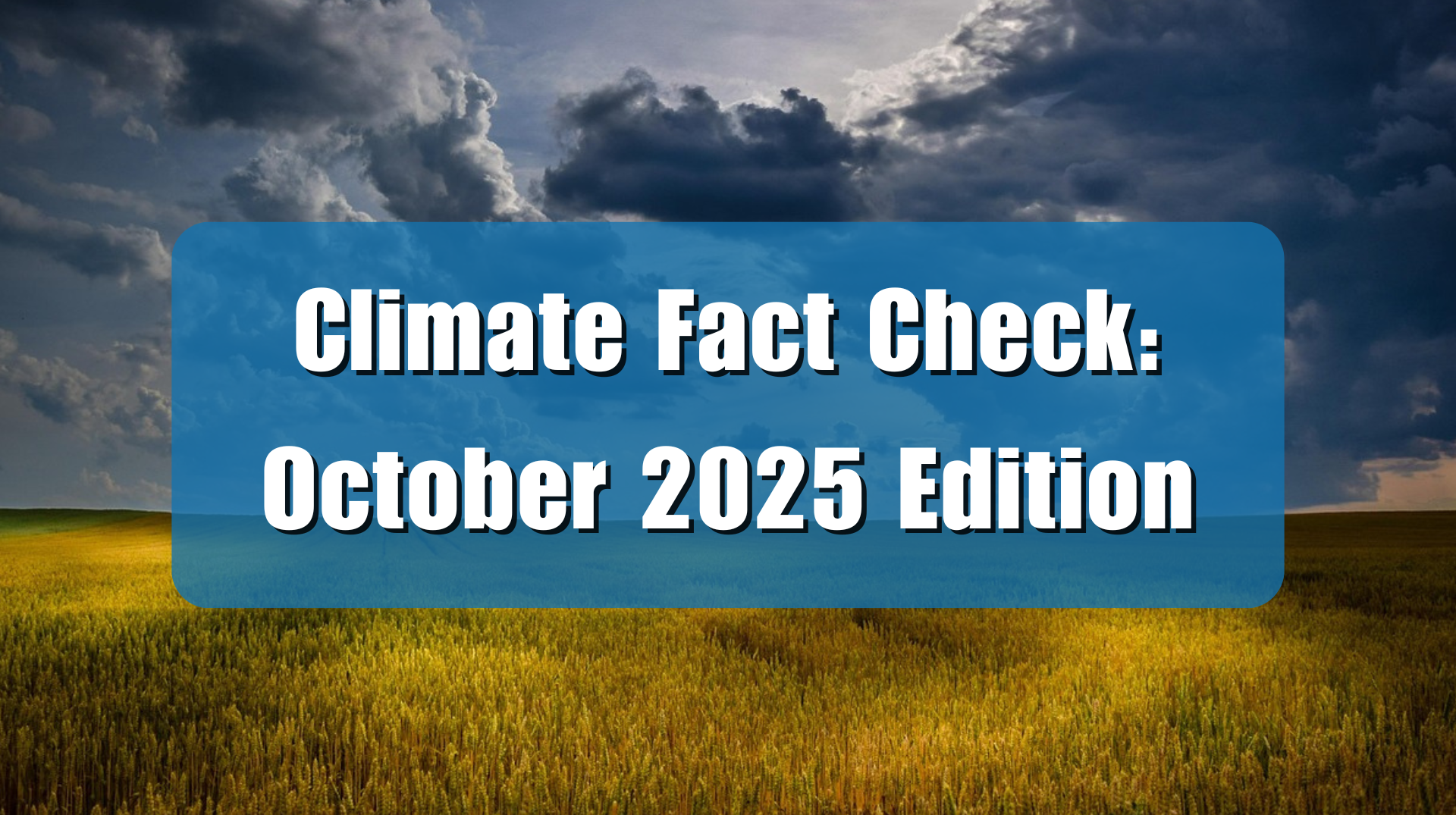Among today’s top Google News search results for “Climate Change” is an article by Reuters titled, “Climate change bigger economic risk than pandemic, ECB’s Schnabel says.” In it, Reuters interviews Isabel Schnabel, a member of the European Central Bank board, who claims climate change will be worse for the future economy than COVID-19 has been for 2020’s economy, implying central banks should discourage investment in funding fossil fuel development, and fund so-called green development, instead. In truth, even the worst-case estimates for climate change would be only a small fraction of the economic harm caused by COVID-19.
“Climate change is probably the biggest challenge we are facing, much bigger than the pandemic,” Schnabel said. “Even though this health shock was entirely unrelated to monetary policy, it nevertheless has huge implications for monetary policy. The same is true for climate change and this is why central banks cannot ignore it.”
In truth, multiple economic analyses show it is not climate change, but rather poorly designed policies to reduce carbon dioxide emissions, that threaten the economy.
According to Statista.com, world GDP was an estimated 142 trillion in 2019. The World Economic Forum (WEF) has estimated COVID-19, “will likely end up costing between $8.1 and $15.8 trillion globally.” If the WEF estimates are accurate, the economic losses from COVID-19 as a percentage of 2019 global GDP, range between 5.7 and 11.1 percent.
This is far higher than the worst case scenario of the costs of future climate change as estimated by the Intergovernmental Panel on Climate Change (IPCC). The most extreme, worst-case, highly unlikely scenario of the many scenarios IPCC examined is known as RCP8.5.
RCP8.5 has been heavily criticized in the peer-reviewed literature as being extreme or absurd. RCP8.5 assumes, among other things, an unrealistic 500 percent increase in coal use and a 6℃ rise in global temperatures by 2100. Even the IPCC admits RCP8.5 is exceedingly unlikely to occur, saying RCP8.5 had only a 10 percent chance of becoming reality at the time IPCC evaluated it. More recent estimates place RCP8.5’s chance of occurring at less than 3 percent.
Even if the worst-case estimate of climate change occurs, economist Stan Liebowitz notes that the impact on the economy, as a percentage of estimated GDP, would be miniscule. If RCP8.5 comes to pass, the total cost of damages resulting from climate change in 2090 will be approximately $507.6 billion. Yet, Liebowitz notes, U.S. GDP in 2090, even accounting for climate change, is estimated to be approximately $70 trillion. This means, at worst, the cost of climate change in 2029 will represent only slightly more than 0.7 percent of U.S. GDP. “Thus the damage from climate change in [the] worst-case scenario, according to our ‘best scientists and experts,’ is less than 1 percent of U.S. GDP in 2090,” Liebowitz observes.
That’s the worst-case scenario.
Even a worst-case global scenario would produce much less economic harm than COVID has. In his book False Alarm, Bjorn Lomborg cites Noble Prize winning economist William Nordhaus’ estimate that if no further action is taken to prevent climate change, the overall economic losses attributed to climate change in 2100, under the worst case scenario, will amount to 2.8 percent of a global GDP.
So contrary to Schnabel’s claim, even under the worst case scenario posited by the IPCC in 2100, climate change will cause less than half of the low end estimate of the damage to the world economy that COVID-19 is expected to cause at the close of 2020. The expected GDP losses from COVID-19 are almost four times higher than the high-end estimates for the end of year economic costs of COVID-19.
Don’t lie awake at night worrying about climate impacts on the economy. The science and economics say even the worst-case scenario would be quite mild.
























The other issue is the role of fossil fuel emissions and our assumed ability to moderate global warming by cutting emissions.
https://tambonthongchai.com/2020/05/18/12479/
[…] Read more at Climate Realism […]
What a misleading article. They say that COVID-19 will have worse effects on the GDP, but they are talking about the entire pandemic. They then compare that to only a small fraction of the climate crisis. Not even close.
In reality, COVID-19 will cost a much smaller amount than climate change, if you actually count up the total costs. Not just one year as mentioned in the article, but every single year from now. Every one of them. If you multiply the 2.8 percent by, say, 50 years that climate change will be a problem, then it becomes much worse than COVID.
Basically, COVID is a one-time thing. Climate change persists for many years. This is why climate change will be a much bigger economic problem than COVID.
No, Climate Realism, climate change costs dwarf COVID costs